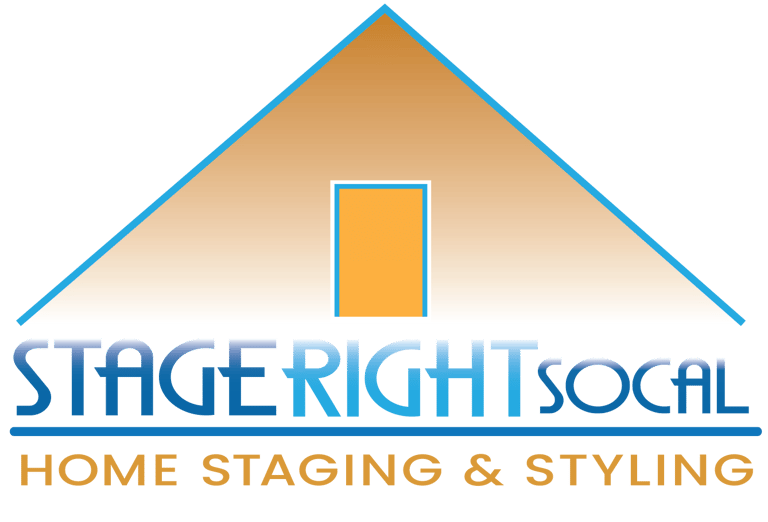Is Home Staging Still Valuable in 2025? Exploring Its Role in a Changing Real Estate Landscape
9/25/20252 min read


The Evolving Real Estate Landscape
As we progress into 2025, the real estate landscape is undergoing significant transformations driven by technological advancements, shifting buyer expectations, and fluctuations in the housing market. Amidst these changes, one critical question arises: is home staging still valuable? In this article, we aim to explore the relevance of home staging in today's market and understand its potential role in attracting buyers.
Adapting Home Staging to Modern Expectations
The concept of home staging has been around for decades, serving as a critical marketing tool aimed at making properties more appealing to potential buyers. However, as buyer expectations evolve, so too must the strategies employed in home staging. Today's buyers are more tech-savvy, often utilizing digital platforms to browse listings and search for their next home. They seek properties that not only look good in photographs but also resonate with their personal taste and lifestyle.
In 2025, home staging has adapted to these trends by incorporating technology. Virtual staging, for instance, allows sellers to present a well-furnished home digitally. This option appeals to buyers looking for customizable spaces without the cost of physical staging. Thus, while traditional home staging remains valuable, integrating technology has expanded its benefits, ensuring it remains relevant in an increasingly competitive market.
The Financial Impact of Home Staging
Numerous studies suggest that staged homes sell faster and at higher prices compared to their uncluttered counterparts. Home sellers in 2025 must weigh the investment in staging against the potential financial returns. In a dynamic housing market, buyers can afford to be selective. Staging a home effectively can create an emotional connection, resulting in quicker sales and, in many cases, higher sale prices.
Moreover, tailored staging strategies can differentiate a home in crowded market conditions. By highlighting a property's best features and creating an inviting atmosphere, home staging can be the deciding factor for buyers. Though the initial costs may deter some sellers, the economic benefits associated with staging often outweigh the upfront investment.
Conclusion: The Continuing Value of Home Staging
As we analyze the trends heading into 2025, it's clear that home staging continues to hold significant value in the real estate sector. By evolving with the changing market, utilizing technology, and focusing on fostering emotional connections, home staging has maintained its relevance. Given the competitive nature of today's housing market, sellers who invest in staging can significantly improve their chances of success well into the future. Schedule Your Complimentary Virtual Appointment Now












